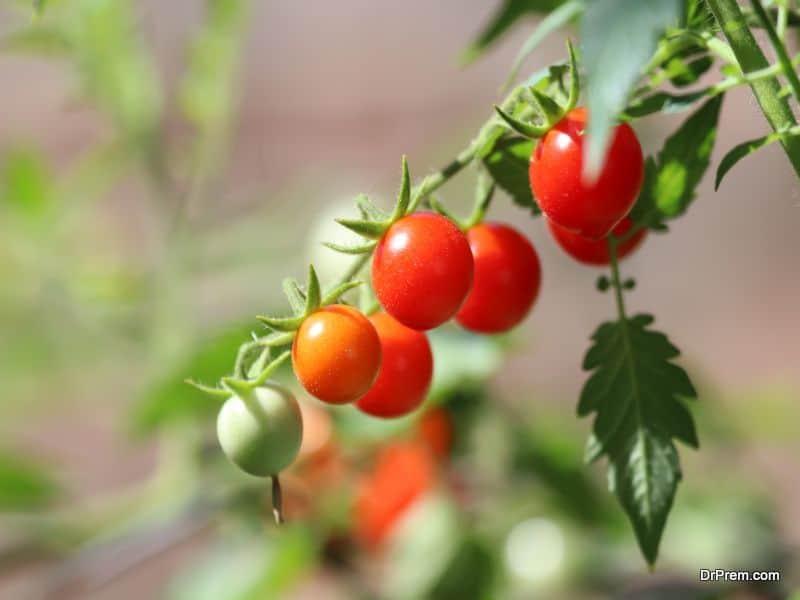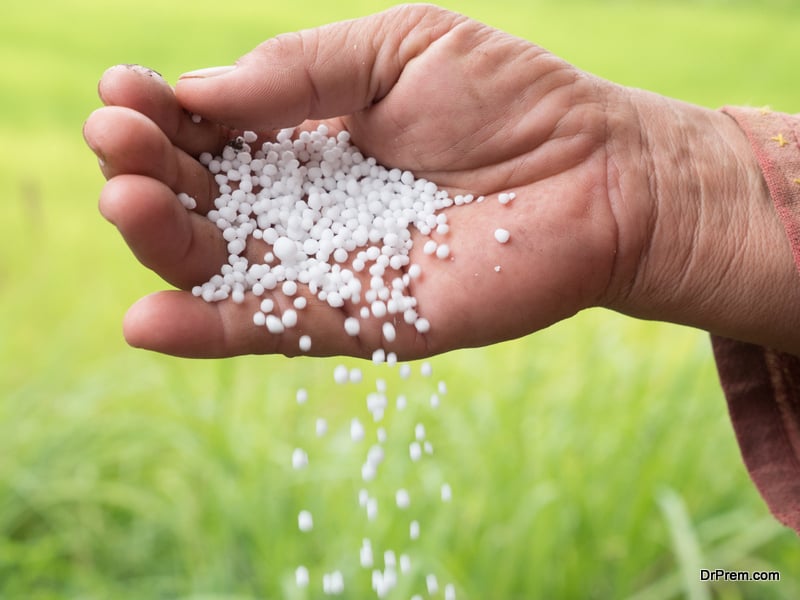The recent explosion in the consumption of organic foods is a boon to farmers and organic food outlets. The grave health concerns presented by GMO foods and the perceived notion by consumers that organic foods are healthier and nutritious have skyrocketed global sale of organic foods.
According to an annual food report by Statista, organic food accounted for $90 billion in global revenue in 2016. Even though organic food is growing in popularity, do they have superior health benefits than conventional foods?
What are Organic Foods?

What is Organic Farming?
Organic farming focuses on promoting biodiversity and soil fertility plus enhancing the natural biological cycles. Farmers employ minimal use of inputs. They place greater emphasis on efficient management practices to create a harmonious ecological system.
Organic vegetables, fruits, eggs, meat, and milk are produced void of;
- Sewage sludge to act as fertilizer
- Genetic engineering to eliminate pests and diseases and enhance production
- Irradiation or ionizing radiation to clear pests and preserve foods
- Synthetic pesticides and fertilizers to improve soil fertility
Acceptable organic farming practices include;
- Crop rotation, tillage, and proper cultivation practices
- Mulching for weed control
- Green manure (plant waste) and livestock manure or compost to improve soil fertility.
- Plant rotation to conserve soil quality and shift biological cycles of pest and disease
- Cover crops to prevent erosion when land is bare
- Use of natural pesticides and approved synthetic pesticides by USDA
Approved organic livestock farming practices include;
- Vaccination
- Adequate outdoor space and quality habitats
- Organic feeds for livestock.
Organic farmers adhere to strict use of biological pest control. Synthetic pesticides are only allowed if they can be utilized with ease in the presence of sunlight and oxygen.
Why organic Food Production?

- Reduce pollution
- Improve soil and water quality
- Promote self-replenishing cycles of resources on the farm
- Promote safe, healthy and spaced livestock habitats
- Enhance soil fertility
What are the Guidelines for Organic Foods?
The US Department of Agriculture (USDA) provides a series of guidelines for regulating the labeling of organic products.
- 95% organic produce should have an organic seal. Producers selling less than $5000 worth of organic produce per year are exempted from labeling
- 100% organic seal is stamped on products whose ingredients are fully organic. Exemptions are made on ingredients such as salt and water. The farmer has less control over the salt or water quality.
- Organic labels are placed on products whose ingredients are 95% organic, except water and salt.
- Products with “made from organic” labels constitute ingredients that are 70% organic.
- Organic ingredients label is stamped on products reconstituted from less than 70% of organic ingredients. The USDA label for organic foods is not mandatory for these products. The ingredient list can specify which products are organic and which ones are not organic for consumer awareness.
How to Produce Organic Meat

Animal products such as beef and eggs are certified as organics if the animals consume 100% organic feed.
Vitamins and supplements are permissible. If you use vaccinations and antibiotics to improve your animals’ healthy, their products are no longer classified as organic.
Are Organic Foods Healthier?
Most consumers confess to purchasing organic foods under the perceived notion that they are healthier, nutritious and safer. Let’s review the following food aspects that present organic foods as healthier alternatives:
1. Nutrients:

Increase in polyphenolic compounds in organic foods can be attributed to;
- Organic foods, unlike conventional foods, do not rely on synthetic fertilizers. Synthetic fertilizers avail nitrogen to enhance plant growth and development. Nitrogen minimizes the synthesis of secondary metabolites such as polyphenolics, amino acids, organic acids, and chlorophyll.
- Organic production is limited to approved use of botanical herbicides and pesticides. Experts believe this puts greater stress on the plant to produce its chemical defense mechanism. Increase in polyphenolic compounds in organic produce is due to the production of plant defense mechanisms.
2. Pesticide Residue:
According to various studies, organic produce has notably lower levels of pesticide residue. The present pesticide residues are as a result of the application of the approved synthetic pesticides and airborne pesticides generated by conventional farms.
Experts recommend buying organic versions of fruits including apples, pears, nectarines, grapes, tomatoes and among others to limit exposure to pesticides from pesticide residues.
3. Healthy Omega Three Fatty Acids

4. Microbiological Safety
Conventional food has high levels of bacteria resistant to antibiotic treatment. Organic foods present a similar risk of high bacteria count.
Organic production relies heavily on animal manure and green manure. Improper composting practices on manure have the potential to contaminate produce.
There are specific guidelines for manure composting. Apply manure 90 days or more before harvesting. Due to the prohibitive use of antibiotics for organic production, experts argue it is the cause of an increase in pathogen level and low levels of antimicrobial resistance.
5. Toxic Metals

However, the cadmium levels in organic fruits and vegetables are comparable to their conventional counterparts.
Drawbacks of Organic Foods
One major concern with organic foods is their high cost compared to conventional foods. Their prohibitive costs can be attributed to expensive organic farming practices.
Go Organic

According to various expert analyses, we cannot conclude that organic foods are superior to conventional foods. Consumption will continue to grow over the years. The health benefits are a blur and differences are quite insignificant. But safety and environmental benefits from organic foods farming make it a worthwhile venture.
Article Submitted By Community Writer




